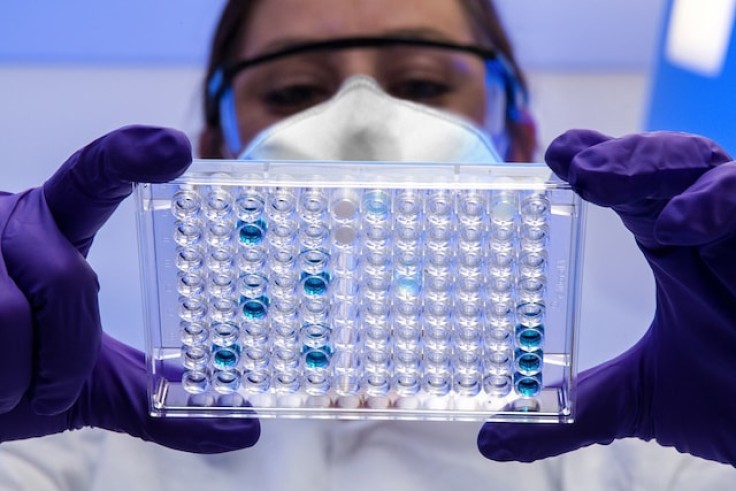
Preliminary tests conducted by the Centers for Disease Control and Prevention (CDC) have confirmed the presence of a new highly mutated COVID-19 variant, BA.2.86, in wastewater samples collected in the United States. While the CDC has not yet disclosed the specific location of the sample, it clarified that the discovery was part of routine monitoring through its National Wastewater Surveillance System.
Nine human infections of the new variant have been reported globally-three in Denmark, two in the United States, two in South Africa, one in the United Kingdom, and one in Israel. The variant has also been found at low levels in Swiss wastewater. The two U.S. cases are from Michigan and Virginia, with the former being an older adult who has not required hospitalization and the latter being a woman who had recently traveled to Japan.
Concerns Over International Transmission
According to the CDC, the fact that this new variant has been identified in multiple countries in a short time frame suggests evidence of international transmission. The variant is different from its closest ancestor, BA.2, in that more than 30 genes have changed. This is a big jump in evolution, similar to the one seen from Delta to Omicron last year.
Dr. Bette Korber, a computational biologist at Los Alamos National Laboratory, expressed concern about the variant's potential to evade antibody neutralization. "It will be harder for our bodies to protect us from infection with this variant," she said. Scientists across the country are now working to create accurate models for lab tests to better understand how our immunity might respond to this variant.
The earliest known samples of BA.2.86 were collected in late July, but their origins remain unknown. Experts believe that it could be spreading in a region that is not contributing data to GISAID, an open-access database for sharing virus sequences. With a lack of observed local spread, it's uncertain how the variant will behave.
Why Health Authorities Are Concerned
Variants like BA.2.86 worry health experts because of their potential to escape the protection offered by vaccines and past infections. "Virus samples are not yet broadly available for more reliable laboratory testing of antibodies, and it is too soon to know the real-world impacts on immunity," says the new CDC report.
Michael Diamond, an expert on emerging RNA viruses at Washington University School of Medicine, summed up the scientific sentiment: "There is a bit of a waiting game going on for all of us. This uncertainty arises partly because genomic sequencing rates have dropped, possibly allowing more variants to emerge and spread undetected for longer periods of time.
The CDC clarified that this new variant is not the cause of the current increase in hospitalizations but issued a warning that things may change as more information becomes available.
Despite the evolving nature of the virus, the CDC recommends that existing protective measures, such as vaccination, staying home if sick, and wearing quality masks, remain effective.
The fight against COVID-19 continues to be an unfolding story, with variants like BA.2.86 raising new questions and challenges for global health.
Related Article : Emerging COVID-19 Variants Outpacing 'Arcturus' in Concern and Spread